The retail price of the cheapest frozen burgers had barely moved in the four years leading up to the horse meat scandal, The Grocer can reveal - with substantial price hikes not being seen until late last year.
While food inflation has pushed up prices across the supermarkets in recent years, shoppers had been paying an average of just 79p (£1.99/kg)for a pack of eight value frozen burgers at the big four retailers since 2009 [BrandView.com]. There had been no sustained increase in price before the end of last year, when all the big four supermarket retailers put up the price of their cheapest frozen beefburgers by about 25%, to £1 a pack.
Tesco was first to increase its prices, putting up the price of its Everyday Value burgers - a product found to contain 29.1% horse DNA when the Food Safety Authority of Ireland tested samples in January - to £1 in November. Within just a few weeks, Sainsbury’s, Morrisons and Asda had also upped the price of their cheapest own-label burgers, although the price of the retailers’ other own-label frozen burgers remained virtually static.
There’s no way to put this gently - the situation in the UK potato market at the moment is dire. Wet weather in many EU countries has reduced yields and increased wastage, pushing prices up by a staggering 107% year-on-year.
Huge year-on-year price increases are also back on the agenda in the onion market, and again the wet weather in 2012 is to blame. At £200/t, UK onions are now up 40.4% year-on-year, although they have stabilised over the past month.
Pears have been hit by a double whammy, with wet weather in northern Europe compounded by crop problems in Argentina, sending prices up by 26.2% year-on-year and 23% over the past month.
Meanwhile, iceberg lettuce prices are returning to normal after cold, wet weather in Spain during November pushed up prices. Conditions were much better in December and January, leading prices to fall by 34.7% month-on-month and 25.3% year-on-year.
As public concern over horse meat in processed meat products has grown - and with many lower-priced products pulled from supermarket freezers - the average price of beefburgers has risen further. In the past four weeks, the average price per kilo has been £4.94 - up 14% on the £4.34 being paid in the same period a year ago. As The Grocer went to press on 14 February, the average price was £5.20 a kilo - the highest level recorded by BrandView in four years ago.
In the frozen ready meals category, prices have been relatively settled - despite the discovery of horse meat in products such as Findus beef lasagne and Tesco Everyday Spaghetti - as relatively few products have been removed from sale compared with the burger market.
Looking at the longer-term picture in ready meals, the average price for a frozen product has risen just 0.4% year-on-year per kilo to £4.97, while the number of promotions has dropped from 2,108 to 1,651.
The increase has been slightly more marked when looking at beef ready meals, which have risen from £4.77 to £4.81. Again, the price increase has been accompanied by a drop in promotional activity from 513 to 393, while the average saving offered by deals has fallen 0.4 percentage points to 25.3%. The sharpest increase, however, has been in seafood-based meals, where prices have risen from £5 a kilo to £5.24 year-on-year.
In contrast with its frozen counterpart, the average kilo price of a chilled seafood meal has fallen from £8.84 to £8.78. This goes against the trend in chillers, with meals based on other proteins up in price, and the overall kilo price up from £6.87 a year ago to £7.28.







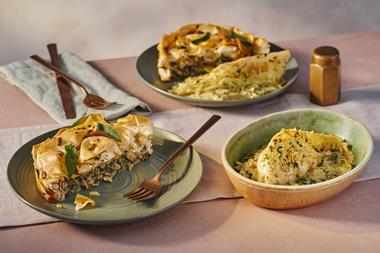
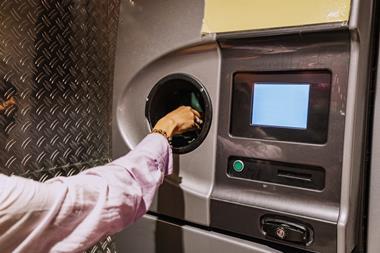
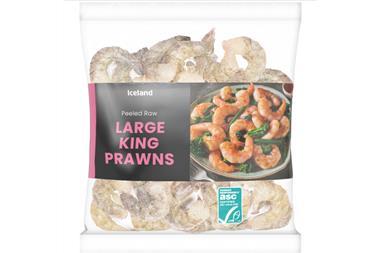
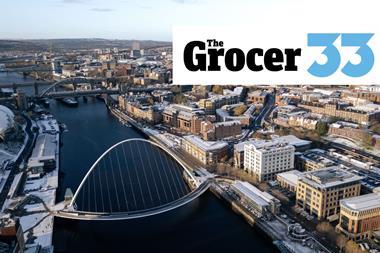
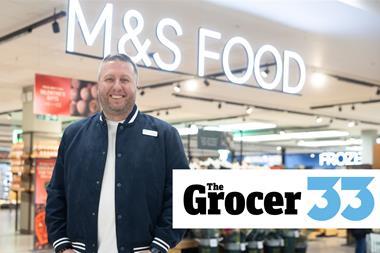
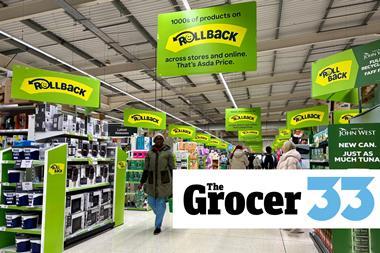
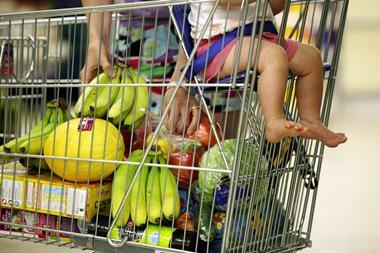





No comments yet